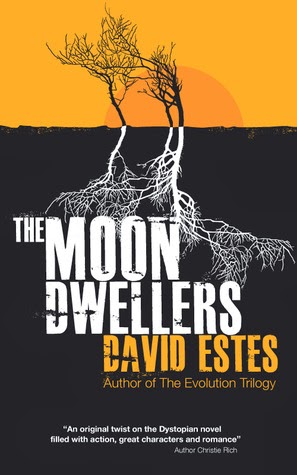Let me start by saying that I know that I am behind the
times and this story broke a few days ago, let me also say that until today I
had no idea who Zoella, or Zoe Sugg was, nor had I heard of her debut book Girl Online.
More importantly, I have nothing against Zoe Sugg, or her
book.
That said, this story caught my attention today. For anyone
who doesn’t know (as I didn’t until I started researching this blog post) Zoe
Sugg is a YouTube celebrity with millions of followers, who was offered a book
deal by Penguin books, and whose debut novel outsold the debut offerings of JK
Rowling and Dan Brown in their first week of sales.
Now let’s ignore the fact that neither Dan Brown, nor JK
Rowling had millions of followers before the publication of their books, and
that their debut books sold purely on the basis of their writing talents,
because that’s not what this post is about.
This post is about the ‘revelations’ that Zoe Sugg didn’t
write her book completely on her own. In fact it now seems that she had the
help of ghost writers and editors.
Here’s the thing. I have no problem with Zoe Sugg. She made
a smart business decision that is no doubt going to make her a tidy sum of
money. She’d have been silly to turn it down.
I have no idea how much or how little she wrote of the book.
But there was one quote from her that spoke volumes. To me at least. When
talking about the involvement from the editorial team, she said:
“Everyone needs help
when they try something new.”
She’s right. They do. But I think where it rubs me up the
wrong way is this. Most writers don’t publish their first book. Most writers
bury their first book somewhere and hope it never sees the light of day.
Because we know that we have to develop our craft. We have to hone our writing
skills. We write and we write, and we edit like crazy and we become better
writers. Most of us don’t get that first book deal handed to us on a silver
platter. And out there is the ghost writer, who did hone her craft, who
developed her skill and became a great writer, and who isn’t getting the credit
because she’s not a big enough name. And that makes me sad.
Sugg has said that the characters and idea are all her own.
But there is so much more that goes into writing a book. Weeks, months, even
years of working on plots, sub-plots, dialogue, character growth, the prose
itself. These are the hard bits. These are the bits that take skill.
Trust me, Zoe Sugg, coming up with the idea is the easy
part.
But no, my problem is not with Sugg, the problem I have
is with the publishers. In fact, with the traditional publishing industry in general.
This whole story is just another sign of how the traditional
publishing industry is failing. Failing itself, failing truly talented authors
out there, and more importantly, failing readers themselves.
It seems that there is an ever increasing slew of celebrities
publishing books – almost all of them ghost written. These books sell in huge
numbers because of the ‘brand’ behind them. Great for the publishers. Not so
great for the rest of us.
I understand completely that publishing is a business. And
the goal of any business is to make money. Otherwise what’s the point. But
increasingly, it seems, the publishing industry is throwing away any kind of
integrity, or standards, in the search of big sales.
There is a quote from Penguin that I find particularly
interesting:
“As publishers our
role is, and always has been, to find the very best talent and help them tell
their story and connect them with readers.”
Right. But the problem is, they didn’t go out looking for
incredibly talented young writers to hone and encourage their talent. They went
looking for a big name that would sell books. They didn’t care about the
content, they cared only about the name on the front cover. Their role as
publishers should be to find the very best writers. Not just any celebrity who
can sell a few copies, even if the work isn’t their own.
Which tells us what?
That traditional publishing isn’t interested in finding new
voices to tell you unique and interesting stories, or about finding beautifully
written works of art. They’re interested in sales. Full stop. End of story. And
I have to admit, in the laziest way possible. Who needs marketing when you have
a book that’s guaranteed to sell?
And people wonder why more and more writers such as myself
aren’t even trying to go the traditional publishing route. We’re not interested
because we know they’re not interested.
What message does this send to the struggling writer out
there? Want to write a bestseller? Don’t write an amazing, original, well
written book, just have a lot of followers on Twitter or Youtube, and then let
someone else write the book for you.
Every time a story like this comes out I lose just that
little bit more respect for the traditional publishing industry, and I ask
myself, is it any wonder that more and more writers are turning to the Indie,
or self-published route?
I think not.




















